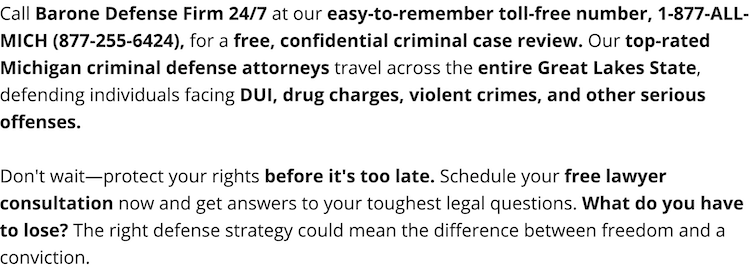Will I Stay out on Bond After I Plead Guilty to a Federal Crime?
As with most legal questions, there is no absolute yes or no answer to this question. If you are considering accepting a Rule 11 plea offer from the Assistant United States Attorney, then be sure to discuss this question in detail so you know what to expect at your plea hearing.
What Does the Law Require Regarding Pretrial Detention After a Guilty Plea?
When thinking about this question, the logical place to start would be looking at the applicable court rules and statutes. In the federal district court, bail determinations are regulated by the Bail Reform Act of 1984. 18 U.S.C. §§ 3141-3156 (1990). These laws provide "judicial officers" with the rules they must apply when setting bail in all federal criminal proceedings. The term “judicial officer” is defined in 18, USC Section 3156, and includes federal district court judges and magistrates.
The Bail Reform Act applies both before and after a federal criminal conviction. However, upon conviction after a plea or trial, once a defendant has been convicted of the federal charges, 18 USC § 3143 more specifically applies. Subsection a(1) of this law says that the judicial officer presiding over the taking of the Rule 11 plea “shall order” that a person who has been found guilty be detained. Another way this is expressed is by use of the term “remanded.” More simply, this means that after a person has plead guilty to a federal crime, the magistrate or judge is required to cancel their bond and have them placed into the federal prison system while they await sentencing.
There are limited exceptions to this rule, and there are also circumstances that make remand mandatory. One exception pertains to your sentencing guidelines. If the sentencing guidelines provide that incarceration is unlikely, then a judicial officer need not cancel a person’s bail. The same is true if the AUSA recommends against incarceration. Another exception is when the judicial officer finds by “clear and convincing evidence” (a very high standard of proof), that it is likely a person will show up in the future and does not pose a danger to public safety under section 3142(b) or (c).
Is Remand Ever Mandatory?
Remand is mandatory if a person pleads guilty to certain types of federal crimes. In these cases, the judicial officer must remand a person into custody after they have plead guilty. This is because 18 USC § 3143(a)(2) says that a conviction for a crime identified in 18 USC 3142(f)(1) (A), (B), or (C) requires mandatory remand.
18 USC 3142(f)(1)(A) requires mandatory remand on crimes of violence, a violation of 18 U.S. Code § 1591, which applies to child sex trafficking, or an offense listed in 18 U.S. Code § 2332b(g)(5)(B), which applies to certain kinds of terrorism.
18 USC 3142(f)(1)(B) requires mandatory remand on crimes punishable by a maximum sentence is life imprisonment or death; and
18 USC 3142(f)(1)(C) requires mandatory remand on certain kinds of drug crimes punishable by a maximum term of imprisonment of ten years or more.
What Does “Crimes of Violence” Mean?
The answer to this question requires a bit more complicated statutory interpretation. 18 U.S.C.A. § 16 only indirectly defines a crime of violence as an offense that has as an element of physical force against a person or “any other felony” that “by its nature” involves a “substantial risk” of physical force.
However, 18 USC 3156(a)(4) does further define crimes of violence as follows:
18 USC 3156(a)(4)(A) includes offenses having an element of physical force against the person or property of another,
18 USC 3156(a)(4)(B) any other felony that “by its nature” involves a substantial risk of physical force; and
18 USC 3156(a)(4) (C) which covers any felony under chapter 77, which covers trafficking and slavery offenses, 109A which covers various kinds of sexual abuse, 110 which covers child sexual abuse, and 117 which covers the transportation of others for illegal sexual activity and related crimes.
Does Mandatory Really Mean Mandatory?
The statutory term used is “shall” and that is always considered mandatory language. However, our experience is that even with this mandatory language, not all judicial officers in both the Eastern and Western District Courts in Michigan strictly follow this law. Many of our clients charged with crimes that would trigger mandatory remand have not be placed in prison while awaiting sentence. However, because of the complexity of this issue, it is essential that you discuss this matter with your federal criminal defense lawyer before you enter your Rule 11 plea in the federal district court.
 Barone Defense Firm Home
Barone Defense Firm Home
















